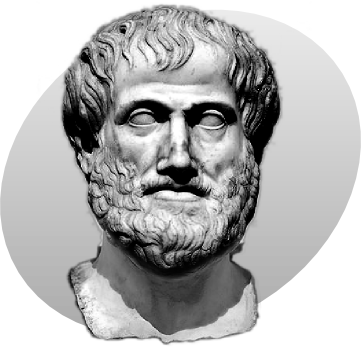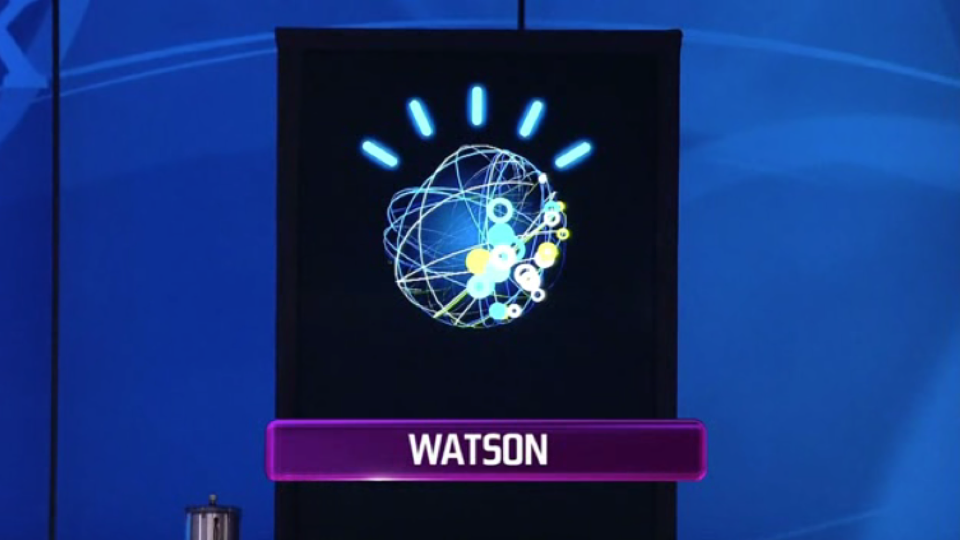Ben Burton - H01
 In western philosophy, the earliest logic was developed in
ancient Greece by Aristotle. His Aristotelian logic is the basis of almost all
European logic. His greatest contribution, perhaps, was the use of syllogisms.
These are logical arguments that involves 3 statements which follow the form of
if statement A is true, and statement B is true, then, therefore, statement C
must be true as well. Statements A and B share a term, which allows for the
inference of the final statement C.
In western philosophy, the earliest logic was developed in
ancient Greece by Aristotle. His Aristotelian logic is the basis of almost all
European logic. His greatest contribution, perhaps, was the use of syllogisms.
These are logical arguments that involves 3 statements which follow the form of
if statement A is true, and statement B is true, then, therefore, statement C
must be true as well. Statements A and B share a term, which allows for the
inference of the final statement C.
Syllogism was king up until the 19th century,
when a focus on symbolic, or mathematical, logic took the main stage. George
Boole introduced symbolic logic and the beginnings of Boolean operators in An Investigation of the Laws of Thought on
Which are Founded the Mathematical Theories of Logic and Probabilities.
After this point, there are more contributions to symbolic logic, such as the
invention of quantifier notation by Gottlob Frege. Then, Bertrand Russel and Alfred
North Whitehead published Principia
Mathematica, a three volume work on the foundation of mathematics. The development
of symbolic logic slowed down after 1931.
 Nowadays, most people may, after hearing the word ‘logic,’ would
probably think of logical circuits in the context of computers. The basis of
all logical circuits is based on simple logic gates which are representations
of Boolean logic functions. Boolean logic consists of many operators, with the
most fundamental being the ‘and’ (a∧b), ‘or’ (a∨b), and not ( ¬a).
The combination of these logic gates is the basis of every digital device, and
allows for an extremely wide variety of possibilities and applications. A
recent example of a popular medium to work with Boolean operators comes from
the game Minecraft, where players can use ‘redstone’ to create anything from a
light to logic arrays to full-blown computers. It gives many people a view of
how computers work at their most fundamental level.
Nowadays, most people may, after hearing the word ‘logic,’ would
probably think of logical circuits in the context of computers. The basis of
all logical circuits is based on simple logic gates which are representations
of Boolean logic functions. Boolean logic consists of many operators, with the
most fundamental being the ‘and’ (a∧b), ‘or’ (a∨b), and not ( ¬a).
The combination of these logic gates is the basis of every digital device, and
allows for an extremely wide variety of possibilities and applications. A
recent example of a popular medium to work with Boolean operators comes from
the game Minecraft, where players can use ‘redstone’ to create anything from a
light to logic arrays to full-blown computers. It gives many people a view of
how computers work at their most fundamental level.
As our technology advances, we are running in to the
possibility of creating machines that could carry on a conversation so well
that even a human would be fooled. This benchmark is often referred to as the
Turing Test, named after Alan Turing, who proposed the test. This raises some
interesting questions about the nature of intelligence; should we be able to
create a machine that could perfectly impersonate the way a human behaves,
could we consider such a machine to be a sentient being? Even now, we are
pursuing technologies, for example IBM’s Watson, that would make pretty
convincing humans. There is a high possibility that, in the nearish future,
this will be a great problem for us to face. It will certainly take a lot of
thought to both treat these possible beings fairly, while also not becoming
some sort of apocalyptic world, as Hollywood often likes to portray Still, logic
is a field that makes humans be humans, it makes machines be machines, and it
gives us all the tools we need to advance and thrive as a culture.


I think you're a prime candidate for Professor Bombardi's logic class, Ben. I'll bet you'd love it!
ReplyDelete